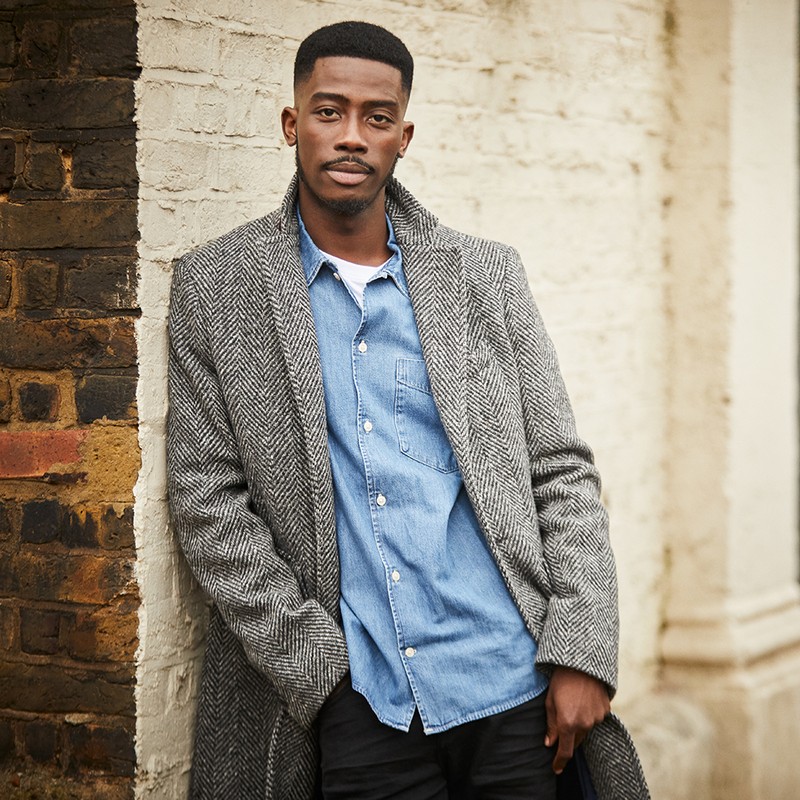Maiya's Story: Ex Drug-Dealer, Prisoner, Now Model...
Tell us a bit about yourself, Maiya...
I was born in Nigeria. I’m an only child and my dad died when I was really young, so growing up it was just my mum and me. We moved to London when I was nine, I'm now 25 years old.
Did you enjoy school?
I loved it. My mentality towards school was influenced by Nigeria, where education is bad and expensive. Here, it’s not only free but it’s decent. You’re in a classroom with new equipment and high-tech computers. A kid in Nigeria would be lucky to own a pencil case. I felt like I owed it to the kids and family I had back home to make the most out of school. It was social, I had a really diverse group of friends, I worked pretty hard in lessons and did well. I went to secondary school and then to De Montfort University in Leicester. I graduated with a Business & Management degree and then went on to get a masters in International Relations by the time I was 22.
/https%3A%2F%2Fslman.com%2Fsites%2Fslman%2Ffiles%2Farticles%2F2020%2F02%2F1-blazer-trackies.jpg?itok=tkv1vkux)
Did you have a clear career path in mind?
No. Sure, I had ideas of being a pilot or a footballer when I was a kid, but like so many others I lacked a realistic path. You could put that down to many things. My friendship group all wanted to be musicians or rappers, so I was influenced by that and DJ’ed to earn some money in my teens. My dad was a doctor, so there was a slight interest in medicine for me but, because he died when I was so young, that interest and influence wasn’t very strong. So many young men where I grew up didn't have a father figure to guide them.
So how did drugs come into your life?
It was an accumulation of events that got me into it. I don’t believe dealing drugs is ever a pre-planned or even conscious decision. I grew up - in an area where crime was – and likely still is – normalised. Dealing drugs was standard. My first drug deal was when I was 13.
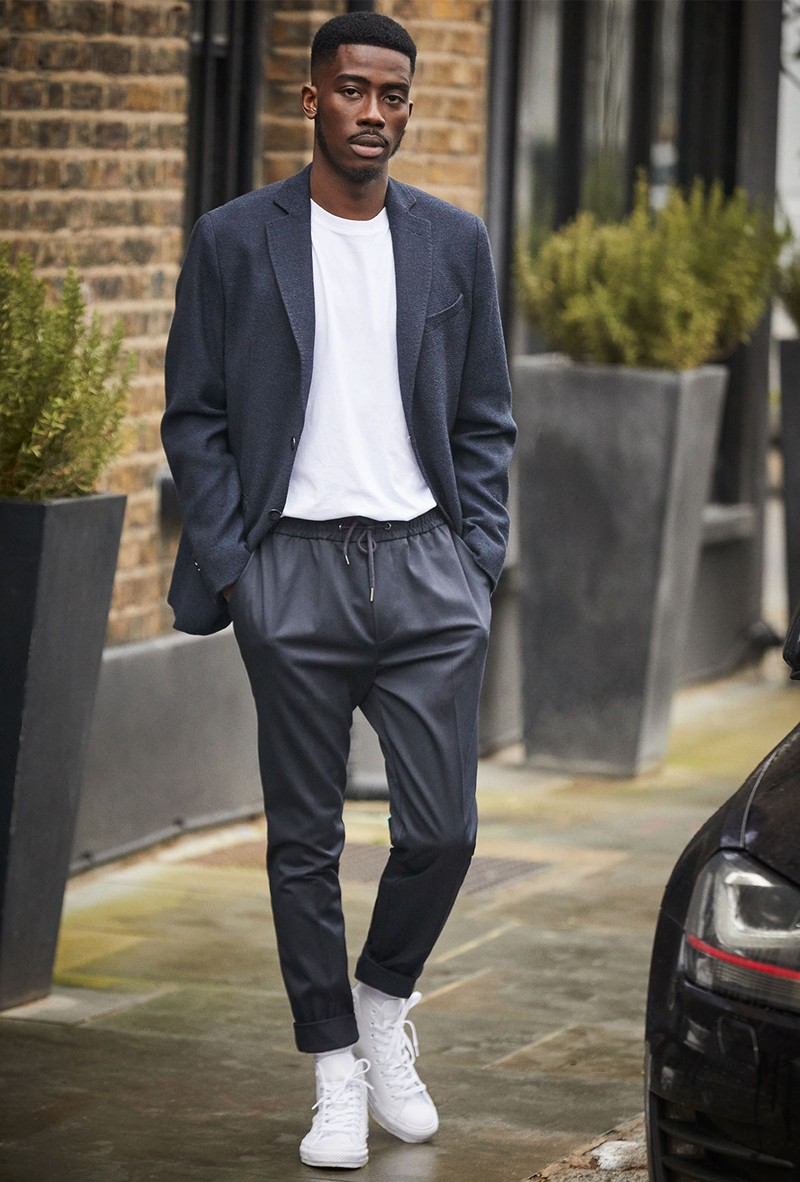
Did your mum notice?
My mum didn’t have a clue until I was 17. Not because she didn’t pay me any attention but because she was working and trying to provide for everyone. Like so many African families living in London she was holding down two jobs and sending money back to our family in Nigeria...
I took advantage of that. I had no one to keep me busy at home so, when school finished, before my mum got home I’d be out and about, chatting to people around the estate. From a young age, I was exposed to what was going on in the streets. I saw drug deals happening all the time and what an avenue they were for making quick money.
How did you start selling?
I started with marijuana, which is a gateway drug for sellers. I had an older mate who sorted me out. And it was easy to establish a weed line because I knew everyone in the area and school offered loads of customers. I was selling to kids from year seven right through to the teaching staff. I was 16 when I moved onto selling harder stuff. Again, that was an easy transition, because even cocaine dealers smoke weed. I was always networking, meeting friends of friends, and that’s how you progress in the drug trade. It’s really a close network.
Were you taking drugs?
Not at the beginning. But, a couple of years into selling weed, I started smoking it quite heavily, which was a mistake. There are issues when drug dealers start using their own product and that’s often when they move into selling harder drugs to fund their addiction.
How much money were you making?
From the age of 13, I was making £1,000 a month. But when I started using what I was dealing, the profit margin got smaller and suddenly selling weed wasn’t enough anymore, so I moved onto dealing harder drugs. I don’t know how much I was making at that stage – it was a lot.
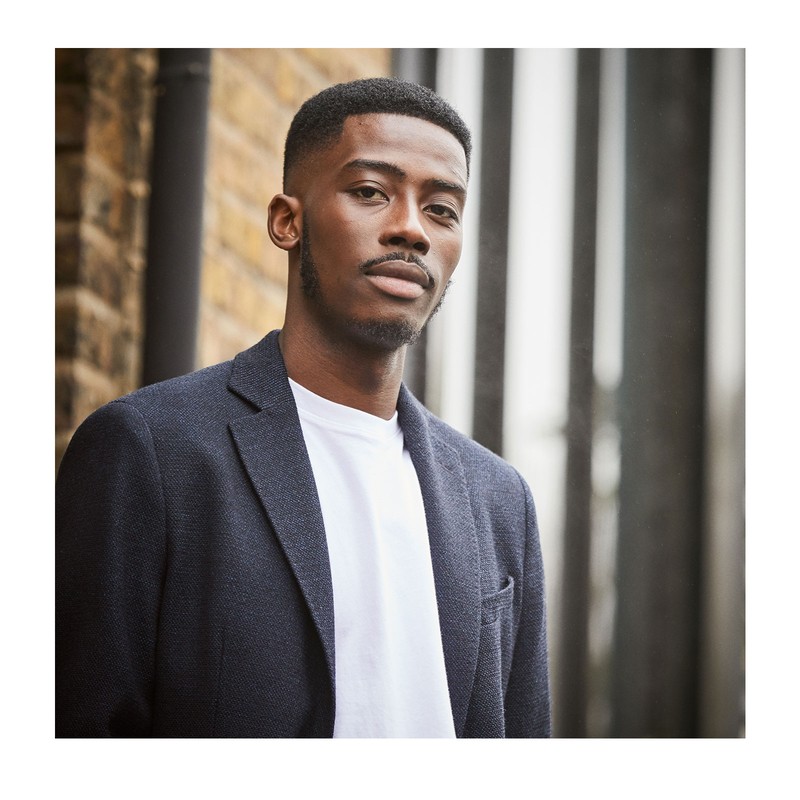
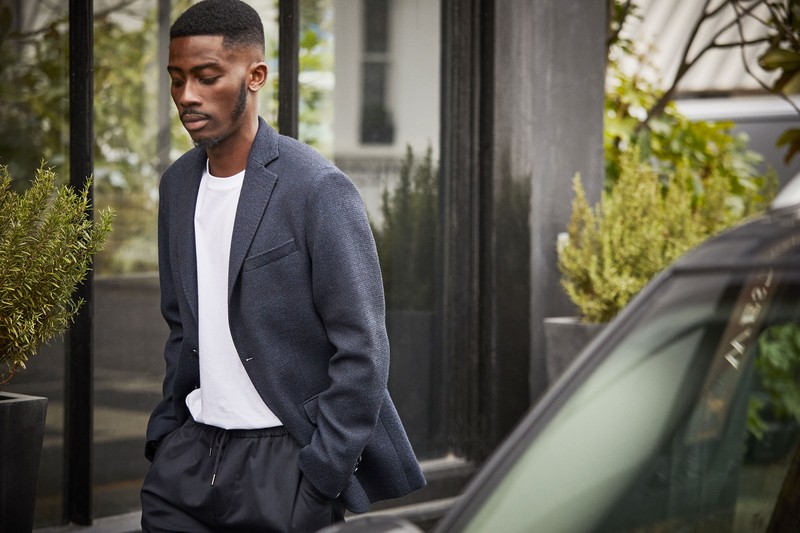
How did you get caught?
I was caught in the Surrey area, where I had been dealing for almost a year. I had five different cars, parked in different places in order to stay off the radar, but I still got tracked down. There was an unrelated police operation going on and I happened to make a badly timed phone call which got me on their radar. They followed me for three days and pulled me over once they had enough evidence. I was TPAC-ed, which means you’re boxed in on all sides. Time froze. My immediate reaction was to floor it and make a getaway, but the way they had cornered me meant I had no choice but to surrender.
How did your mum react?
From a really young age, I had created a world of smoke and mirrors by being attentive at home. I’d never missed a day of school and my homework was always done and handed in on time, so she had no reason to be checking up on me. To then find out I’d been arrested for drugs was a massive shock for her.
What happened after you were arrested?
I was charged with possession with intent to supply crack cocaine and heroin. I pleaded guilty and was sentenced to 30 months in prison for the heroin and 30 months (to be served concurrently) for the crack. I was sent to High Down, a category B prison in Guildford, then transferred to Brixton, which is a category C prison. I served ten months behind bars and was then released to serve five months on home detention curfew (HDC) which is when you’re tagged. Since then I’ve been on ‘licence’ and will remain that way until February 2021. Being on licence essentially means you have to be on best behaviour and you’re restricted: you’re not allowed to travel, to go anywhere near the area you were arrested, or to be around certain people. You are also in constant contact with your probation officer.
What was prison like?
To be honest when I arrived, the overriding feeling was tiredness. I got to High Down at 11pm because I’d arrived straight from court. I didn’t have any problems in prison and – it disappoints me to say this – being behind bars wasn’t as bad as I thought it was going to be.
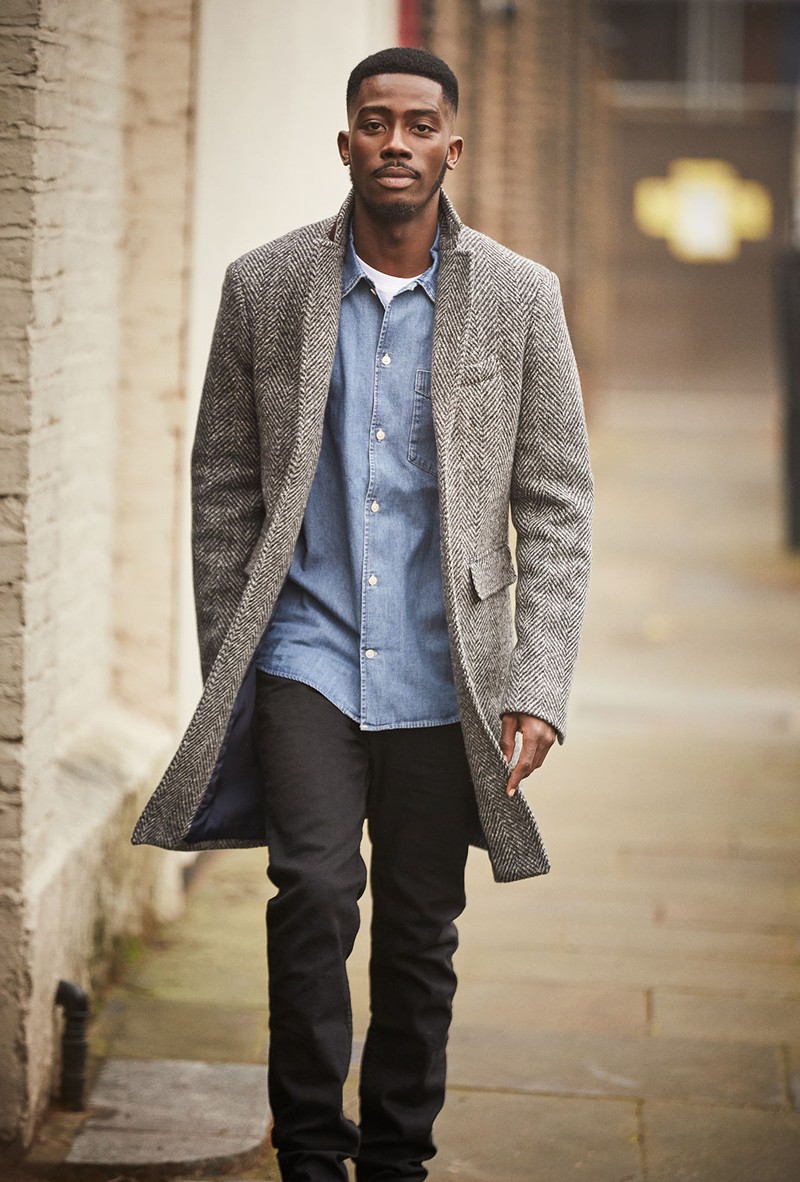
Why was that?
It might have helped that I was mentally prepared for it. I knew the consequences of dealing drugs, I knew what might happen and I had plenty of friends in prison, so I was aware of the risks. On that first morning at High Down, I took two steps out of my cell, looked to my left and saw a mate of mine from school. He showed me the ropes and introduced me to everyone, which made the first week pretty easy. Cans of tuna and shower gel are valuable commodities in jail, and he made sure I had plenty of each.
For the first 14 days I was on ‘basic’, which means you have no access to the radio, no TV time. You’re given the most basic of prison food – it’s literally just you, the toilet and your thoughts. It was probably the first time I’d ever been completely alone to think and the only time I’d ever properly evaluated my life and where it was headed. For the first time, I had a completely clear mind so, in a way, those first couple of weeks were like a reset button. After that, an average day would consist of eating, sleeping and maybe going to the gym. I read an amazing book called Rich Dad, Poor Dad by Robert T. Kiyosaki. I used to ration myself to 20 pages a day so I had something to look forward to. Otherwise, it was just hanging out with the other inmates.
And how were the other inmates?
There are a lot of egos in prison. Some people might have found that hard to handle, but I had grown up and seen violence first hand, so I knew how to deal with that sort of character. I’d spent time with other dealers, with users and junkies, people from all walks of life so I applied the same mentality and tactics to the inmates. You have to know when to assert yourself and when to stand back.
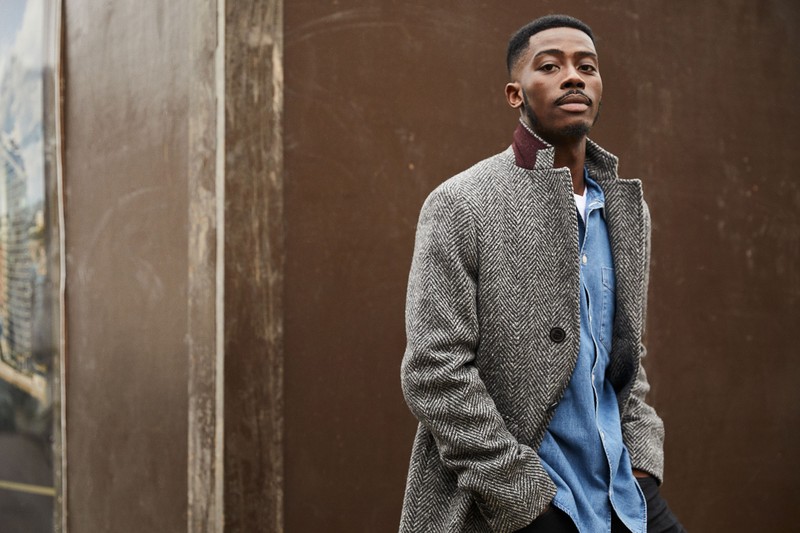
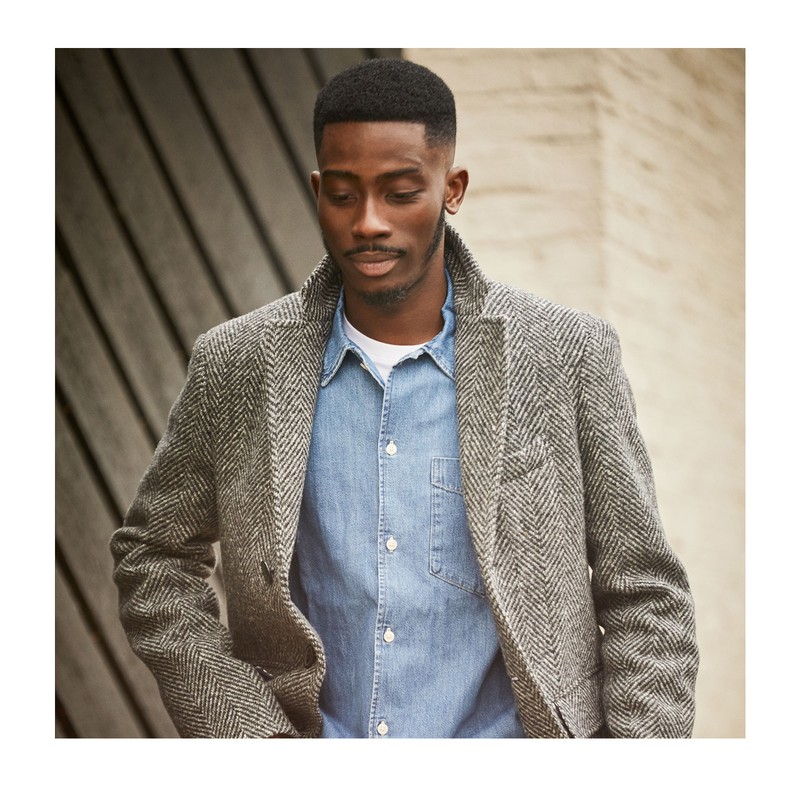
Was it a violent place to be?
I saw a lot of fights... Everything is intensified in prison. if you’re aggressive by nature, that anger gets worse in jail and there are just some unlucky people who get in the way of that. But the violence is largely down to gang culture, which is rife behind bars. You don’t stop being a gang member just because you’ve been arrested, so there are loads of altercations between rival groups.
When did you meet Key4Life?
It was during my sentence when I was working in the Clink, the restaurant run by inmates in Brixton. It’s open to the public and is a great way to meet prisoners, hear their stories and eat some good food. Often charities would come by for lunch and that’s when I met Corey from the charity Key4Life.
/https%3A%2F%2Fslman.com%2Fsites%2Fslman%2Ffiles%2Farticles%2F2020%2F02%2F8-denim-shirt-long-coat.jpg?itok=7VIqMCXV)
What made you want to sign up?
What struck me as cool about them was their attitude. They weren’t choking us with information about why their charity was so great and it was represented by like-minded people – guys who’d grown up where I’d grown up. My next-door cellmate was on a Key4Life course, and he was really complimentary about them. I wasn’t able to sign up for that particular course because I only had a few months left but, as soon as my sentence was up, I got in touch.
Were you worried about getting back to dealing?
Really worried. Prison makes you a better criminal. It also numbs your emotions. I definitely have less affection for people now and feel hardened by my prison experience. Put that together with the simple fact that prison introduced me to some serious criminals – the type of people I would never have met on the outside – and the risk of reoffending is high.
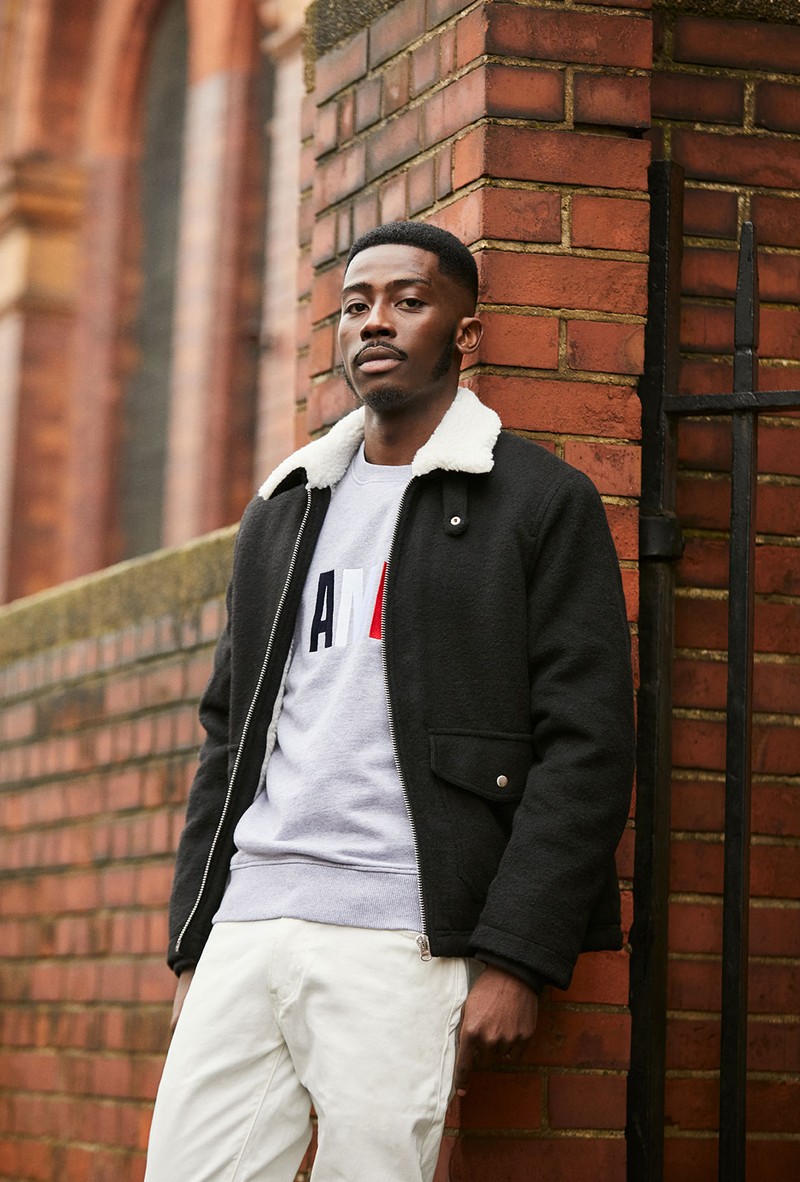
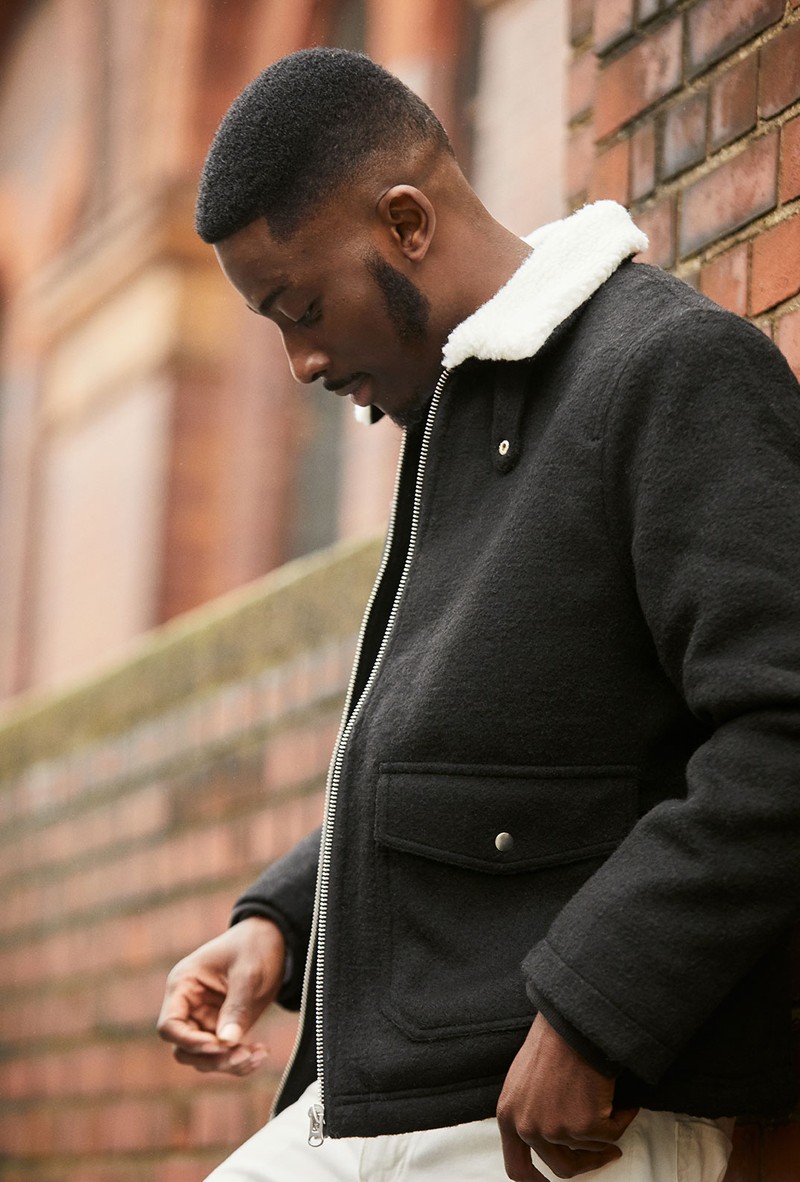
How has Key4Life helped you avoid that risk?
It puts serving cons through a rehabilitation programme that allows them to experience work environments. I didn’t have a job until I went to prison – my first ever job was at the Clink so when I signed up with Key4Life, it was the first time somebody had offered me support in that way. Through their mentor scheme I’ve done a property placement with Landsec which was an amazing experience and completed a placement at SLMan, which has really opened my eyes to a more creative career. The success of the charity is down to it's team, its mentors and to companies like Landsec and SLMan giving guys like me who grew up without as many opportunities as others, a chance.
How do you see your time as a dealer now?
I look back and think how lucky I was to get caught when I did. If I hadn’t been arrested, then I’m not sure where I would be today. Maybe I’d be dead, but I don’t know what I would have done differently given the chance. You have to understand that I had no one and nothing, and realised early on that I had to make my own way. Dealing drugs was an easy way to make fast money, and it was something everyone was doing.
/https%3A%2F%2Fslman.com%2Fsites%2Fslman%2Ffiles%2Farticles%2F2020%2F02%2F11-white-jeans.jpg?itok=DYbjK4sH)
What would you say to anyone in that position today?
Kids in the situation I was in need to be spoken to by someone who has experienced the drug scene and lived to tell the tale. They need to hear first hand that it’s not glamorous and, even if it feels like it, it’s not the only option. The drug trade doesn’t have a happy ending. There are only three ways it can go: you become a junkie, you’re arrested or you’re killed. Kids need to hear that from someone who has been there...
And what is next for you?
I’d like to stay in touch with SLMan and hopefully a career in modelling.
To find out more about Key4Life, and how your business could get involved, visit Key4Life.org.uk
To work with Maiya, contact him @PreachFiasco
Photography by Mark Sanders
DISCLAIMER: We endeavour to always credit the correct original source of every image we use. If you think a credit may be incorrect, please contact us at [email protected].
